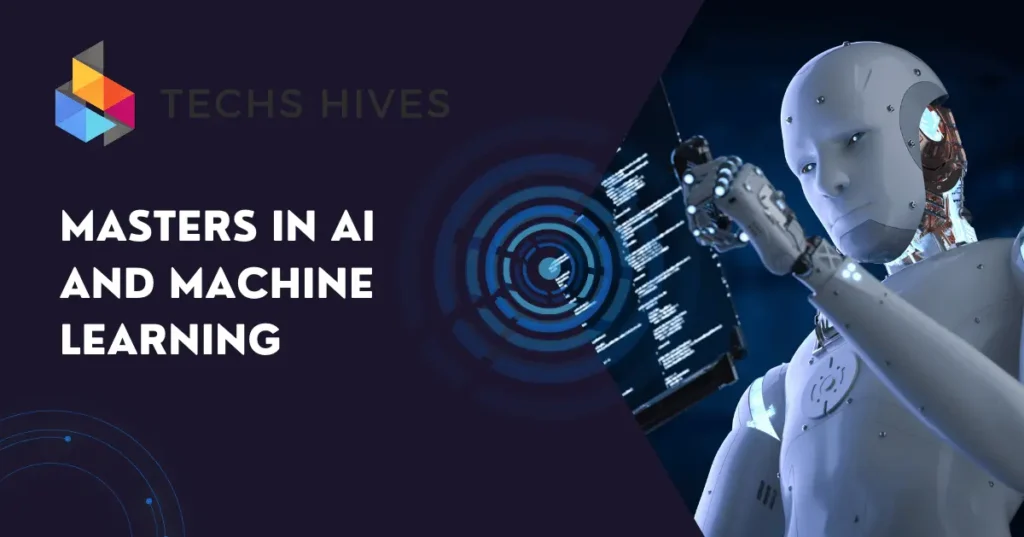Quantum machine learning combines quantum computing and machine learning. It uses quantum bits, or qubits, to process data in new ways. This approach can handle complex problems faster than traditional computers. It can improve tasks like pattern recognition and optimization.
Cloud computing plays a crucial role in making quantum machine learning accessible. It allows users to access powerful quantum computers over the internet. This means more people can experiment with quantum algorithms without needing their own quantum hardware. Cloud services also offer scalability. Users can run large-scale computations without the limits of local machines.
Table of Contents
Fundamentals of Quantum Machine Learning
Quantum machine learning merges quantum computing with traditional machine learning techniques. It utilizes quantum bits, or qubits, which can exist in multiple states at once. This unique property enables quantum computers to tackle complex calculations faster than classical computers.
Key Algorithms in Quantum Machine Learning
Important algorithms in this field include quantum support vector machines and quantum neural networks. Quantum support vector machines enhance classification tasks by using quantum states to represent data points, allowing for faster decision boundaries. Quantum neural networks leverage qubits to create complex layers, enabling more intricate pattern recognition.
These algorithms exploit quantum mechanics to improve learning tasks, enabling them to analyze large datasets more efficiently. This efficiency leads to better accuracy in predictions and classifications, potentially transforming industries that rely on data-driven insights.
Importance of Quantum Mechanics
The basics of quantum mechanics are crucial to grasp how quantum machine learning algorithms operate. Concepts like superposition and entanglement are foundational to the functionality of qubits. These principles allow quantum algorithms to explore multiple solutions simultaneously, making them particularly effective for optimization problems.
By integrating quantum principles with machine learning, researchers can address intricate problems in various sectors, such as finance, healthcare, and artificial intelligence. The unique capabilities of quantum computing offer new avenues for innovation, enabling solutions that were previously unattainable with classical methods.
Cloud Computing and Quantum Machine Learning
- Resource Availability: Cloud computing provides on-demand access to vast computational resources. Machine learning models often require significant processing power, especially when training on large datasets. Cloud platforms offer scalable infrastructure that can handle these demands efficiently.
- Scalability: As machine learning projects grow, they may need more resources to process data and run algorithms. Cloud computing allows users to easily scale their computing power up or down, ensuring they can meet their needs without investing in physical hardware.
- Cost Efficiency: Setting up and maintaining the infrastructure for machine learning can be expensive. Cloud computing reduces upfront costs by allowing organizations to pay only for the resources they use. This makes machine learning more accessible for startups and small businesses.
- Collaboration and Sharing: Cloud platforms enable teams to collaborate on machine learning projects from different locations. They can share datasets, models, and results easily, fostering innovation and speeding up the development process.
- Access to Advanced Tools: Many cloud providers offer built-in machine learning tools and frameworks. These services simplify the model development process, allowing users to focus on building and training models without worrying about underlying infrastructure.
- Data Storage and Management: Machine learning requires large amounts of data, and cloud computing provides reliable storage solutions. Users can store, manage, and analyze their data in the cloud, making it easier to feed into machine learning algorithms.
5 Applications of Cloud-Based Quantum Machine Learning
1. Finance and Risk Analysis
Cloud-based quantum machine learning can transform the finance industry by enhancing risk assessment and fraud detection. Quantum algorithms can analyze complex financial models and vast datasets quickly. This capability allows for more accurate predictions and better risk management strategies, helping financial institutions make informed decisions.
2. Healthcare and Drug Discovery
In healthcare, quantum machine learning can accelerate drug discovery processes. Researchers can identify potential drug candidates faster and more efficiently by analyzing biological data at a quantum level. This application could lead to the development of new treatments and personalized medicine tailored to individual patient profiles.
3. Supply Chain Optimization
Quantum machine learning can significantly improve supply chain management by optimizing logistics and inventory levels. It can analyze various factors, such as demand forecasts and transportation costs, to create more efficient supply chain models. This optimization can reduce costs and improve delivery times, benefiting businesses and customers alike.
4. Cybersecurity Enhancements
Cybersecurity is another critical area where cloud-based quantum machine learning can make an impact. Quantum algorithms can analyze network traffic patterns and detect anomalies in real time. This capability enhances threat detection and response, making systems more secure against cyberattacks.
5. Natural Language Processing
Quantum machine learning can also advance natural language processing (NLP) applications. Researchers can improve tasks like sentiment analysis and language translation by leveraging quantum computing’s ability to process language data more efficiently. This advancement can lead to more accurate and context-aware language models.
Challenges and Limitations
Technical Hurdles in Quantum Machine Learning
Quantum machine learning faces several technical challenges. One major hurdle is the limited availability of quantum hardware. Most quantum computers today are still in experimental stages, and their capabilities can vary widely. This inconsistency makes it difficult to develop reliable quantum algorithms. Additionally, issues like qubit decoherence and error rates can affect the performance of quantum systems, complicating their use in real-world applications.
Scalability Issues in Cloud Environments
While cloud computing offers scalability, integrating quantum computing into cloud environments presents its own set of challenges. Quantum resources can be difficult to scale effectively, especially as demand grows. Moreover, managing the communication between classical and quantum systems can introduce latency, hindering performance. As a result, users may experience delays when executing complex quantum algorithms, limiting their practicality for time-sensitive applications.
Data Availability and Quality
Data plays a crucial role in machine learning, and this is no different in quantum machine learning. The quality and availability of data can pose significant challenges. Gathering high-quality, relevant datasets for training quantum algorithms is essential for achieving accurate results. However, in many fields, such datasets may not be readily available or may require significant preprocessing to be usable.
Cost and Resource Allocation
While cloud computing can reduce initial costs, accessing quantum resources can still be expensive. Organizations may face high fees for using advanced quantum computing services, which can be a barrier to entry for smaller businesses and startups. Additionally, efficiently allocating resources in a cloud environment can be complex, especially when balancing quantum and classical computing needs.
Future Trends in Cloud-Based Quantum Machine Learning
Innovations on the Horizon
The future of cloud-based quantum machine learning is promising, with several innovations on the horizon. As quantum hardware continues to improve, we can expect more powerful quantum computers capable of handling complex tasks. New algorithms are also being developed that can leverage these advancements, leading to better performance in machine learning applications. This ongoing research will likely result in breakthroughs that further integrate quantum computing into everyday processes.
Increased Accessibility and Democratization
One significant trend is the increasing accessibility of quantum computing resources. Cloud providers are working to make quantum technologies available to a broader audience, including researchers, startups, and educators. As these resources become more user-friendly and affordable, more organizations will be able to experiment with quantum machine learning. This democratization of technology will foster innovation and collaboration across industries.
Enhanced Collaboration Across Disciplines
As cloud-based quantum machine learning evolves, we can expect greater collaboration among researchers from various fields. Experts in quantum physics, computer science, and machine learning will increasingly work together to tackle complex problems. This interdisciplinary approach will lead to new applications and solutions that were previously unimaginable, pushing the boundaries of what quantum technologies can achieve.
Real-World Applications and Industry Adoption
In the coming years, we are likely to see a rise in real-world applications of cloud-based quantum machine learning across various industries. Sectors such as finance, healthcare, logistics, and cybersecurity will begin to adopt these technologies to solve complex challenges. As organizations witness the tangible benefits of quantum solutions, the adoption rate will increase, further validating the potential of this innovative technology.
Conclusion
Cloud-based quantum machine learning holds great promise for the future. By combining the power of quantum computing with cloud technology, we can tackle complex problems more efficiently. This approach can lead to significant advancements in various fields, including finance, healthcare, and cybersecurity. As technology improves, the potential for real-world applications will only grow.
Technical hurdles and resource costs can limit widespread adoption. Yet, as more people gain access to cloud-based quantum resources, innovation will thrive. Increased collaboration among experts from different fields will drive further advancements. Overall, the future of cloud-based quantum machine learning is bright.



